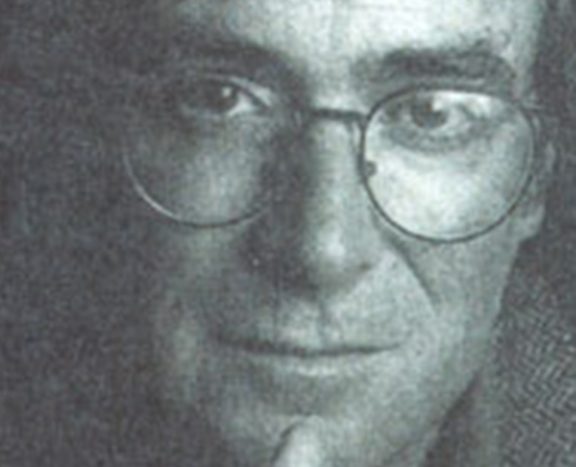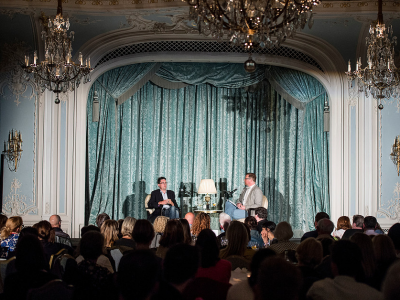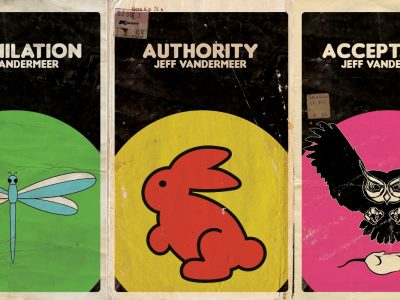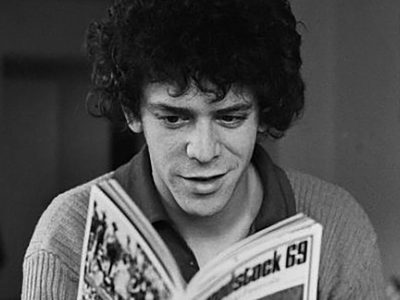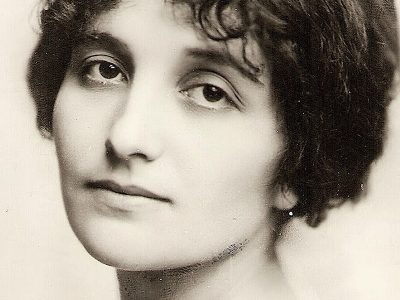A dedication to Duncan Bush, one of Wales’ most creative minds
Last August, Wales lost Duncan Bush: poet, novelist, dramatist, translator and documentary writer. Born in the Welsh capital in the 1940s, Duncan grew up to study in Warwick University, Duke University and Wadham College.
Duncan was also a fellow at the Welsh Academy, the national society of writers in Wales. Being one of the most significant voices of his generation won him multiple awards: The Welsh Arts Council Prize for Poetry ( twice, for his collections Aquarium and Salt) and the Arts Council Wales’ “Book of the Year” award in 1995 for his Poetry Society Recommended collection, Masks.
Amongst his many notable works, Duncan published three novels, including The Game of Silence (1987), which was set in USSR during a period of civil war. In a review for Wales Art Review, Robert Minhinnick writes of the piece, “[Bush] is capable of lines and images that have the power to raise the hairs on the back of the neck.”
Amongst his later works, Duncan included fascinating creations based on the works of photographer Richard Avedon, mostly of Australia and the American West.
His exploration of Australian landscapes is most potent and evocative in his poem Primal Landscapes:
‘New South Wales still boasts
the Outback. But what’s old south
Wales got?
‘Out the back.’
Duncan also expanded on a variety of subjects, an apparent favorite being gardening:
“Gloved you straighten
Shaking soil,
Perseus brandishing
The Medusa head
Like a trophy scalp.
Tossed, it hisses’
-Couch Grass
Bush’s last novel, Now All the Rage (2007), paints a picture of fame and obscurity separated by a single thread. His sixth collection of poetry, The Flying Trapeze, was published in 2012 and brought on rave reviews of being characteristically unsentimental, hard-headed and superbly lyrical.
His muse for many of these poems were geographical locations he had travelled to or lived in, including Greece, Germany and France. Duncan also wrote and presented the BBC Wales TV documentary, Voices in the Dark: A Hundred Years of Cinema in Wales.
Although he is now amidst the Gods his poetry will continue to live within us, immortalized in text.

